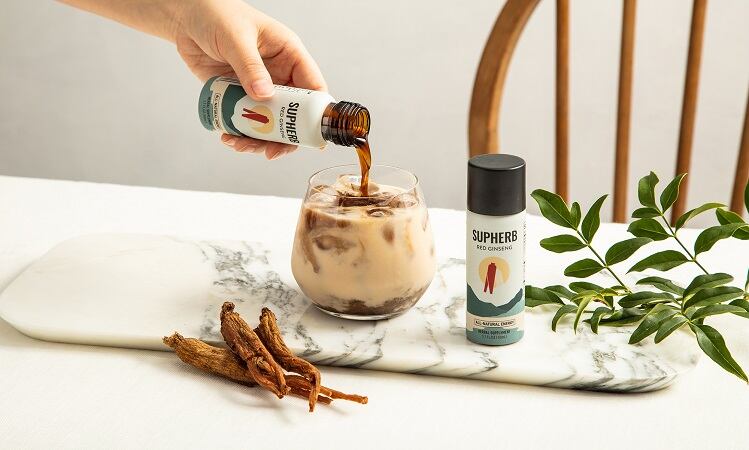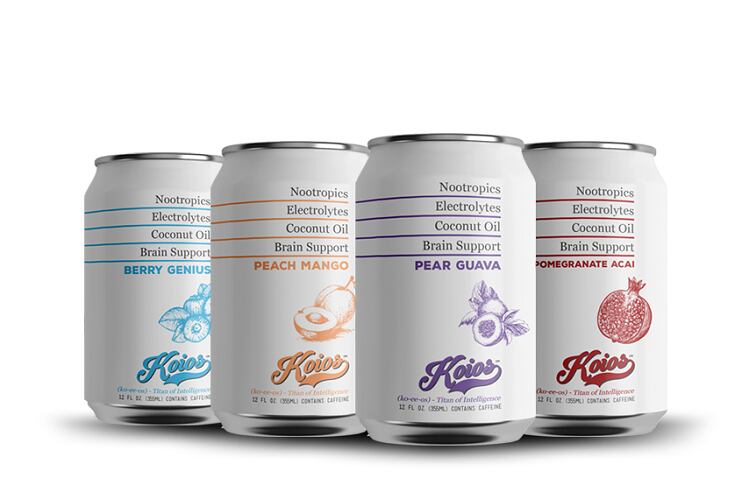Supherb successfully hit its fundraising goal on crowdfunding platform Indiegogo in August of 2018 and now fulfills orders made on its website. “And we’re very soon going to be on Amazon too,” he told NutraIngredients-USA.
Son of an acupuncturist and born and raised in Korea, herbal medicines formulated in the Korean tradition have played a big role in Kim’s life.
When he moved to the US at the age of 20 for university, he was surprised that many people consider herbal supplements “as merely a myth or pseudo-science.”
“When I started college, what I was fundamentally interested in was people’s psychology, specifically their perception toward brands,” he said.
The traditional herbals category was a space he wanted to rejuvenate and make more widespread stateside.
He went on a quest to create a brand that minimizes what he thought were typically barriers for US consumers to become herbal consumers, such as bitter taste of herbs, expensive price tag, and “old, antiquated, unscientific brand image.”
Backed with his experience as a consumer and market knowledge manager for Procter & Gamble, as well as education in psychology, statistics, and integrated marketing from Northwestern University, he founded Supherb. His co-founder is Jiwon Kim, who brings design experience from agencies KPR and Edelman.
Together, the duo created a brand that checks-off many of the boxes to appeal to consumers today, such as minimalist packaging and web layout and cooperation with small-batch farmers to source traceable ingredients.
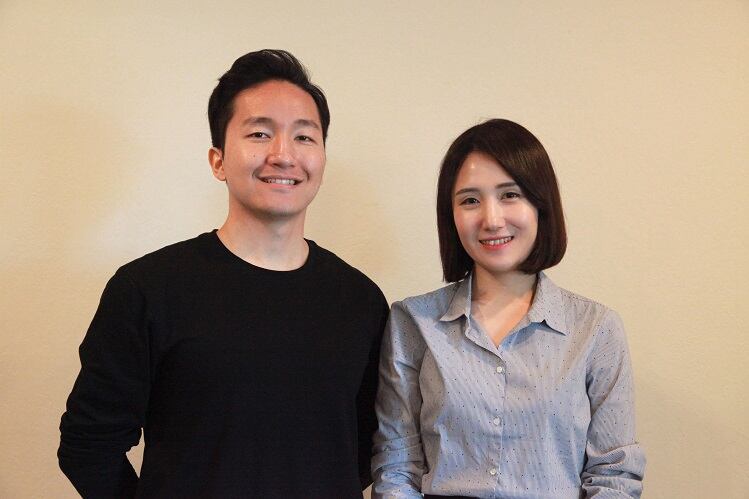
Red ginseng, a panacea for Korean households
The company’s first product highlights one of the most important ingredients in the Korean herbal tradition—red ginseng.
Kim consulted with acupuncturists in Korea to formulate the product. In addition to red ginseng, it also contains rehmmania root and poria cocos, all of which are grown in South Korea by small-batch farmers.
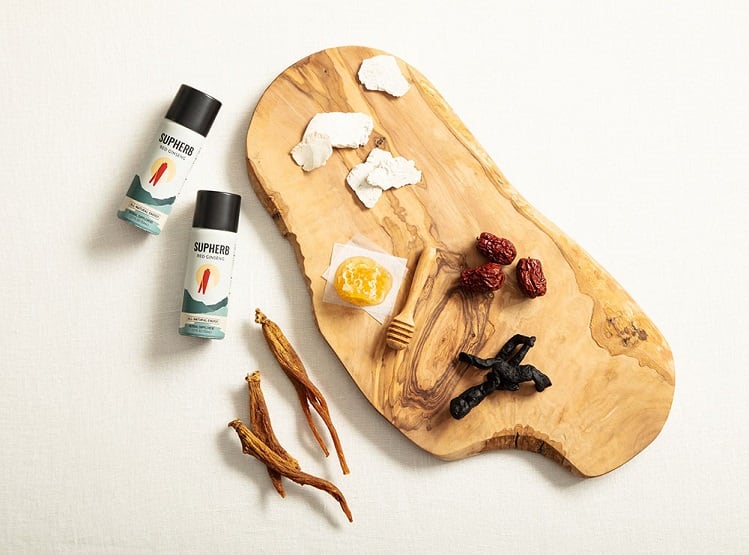
Herbals, particularly red ginseng, play a significant part of a Korean household’s day-to-day. “It’s a very interesting concept because…there’s no similar concept in the US. It’s called a boyak in Korean,” he explained. “It’s what people regularly consume once or twice a year to recharge their body energy.”

Kim’s observation of red ginseng’s place in Korean society is backed by research. In a 2013 paper written by researchers of the Korea Ginseng Corporation published in the Journal of Ginseng Research, authors In-Ho Baeng and Seung-Ho So explained that Korean consumers regard red ginseng as a panacea, or cure-all.
“Efficacy research by the modern scientific approach started from 1950,” they wrote. They then cited 20 studies that have linked red ginseng to various health benefits, from decreasing wrinkles to treating alopecia to preventing influenza, cancer, and so forth.
For Supherb’s red ginseng drink, the Kims highlighted the energy aspect, which Jake Kim thinks can help make the herb more relevant to US consumers.
A search for the terms “Red Ginseng” and “Fatigue” on PubMed, a database of studies registered with the US National Library of Medicine, returned 19 results. Studies in a sports context reported minimal to no significant benefit, while studies conducted on a population with disease, such as respiratory illness, non-alcoholic fatty liver disease, and ovarian cancer, linked improved quality of life and reduced fatigue to red ginseng supplementation.
Kim believes there is a market opportunity in the non-caffeine energy space, and that Supherb’s red ginseng product could fill in this market gap. “In the current market place, most energy-related products have caffeine in it,” he said. “There is a niche market where people are sensitive to caffeine.”
Changing the ‘usage occasion’ for US audience
Staying true to Supherb’s mission of increasing herbal supplement usage and awareness among US consumers, Kim decided that they needed to modify the delivery format and serving size from what is usually sold in Korea.
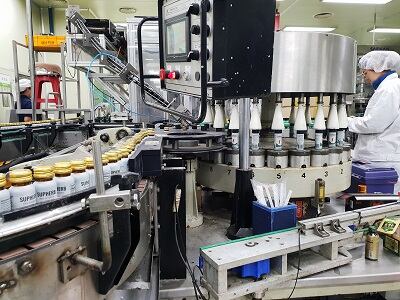
In his home country, red ginseng is typically taken before big events. “Like when you’re an athlete and an important game is coming up, or if you’re a high school student and a big test is coming up,” Kim said. “Parents get these herbal supplements in bulk for their children so that they can perform well.”
Such positioning may not fare as well in the US, where many consumers unfamiliar with the product may feel reluctant to buy a large amount of it, and where it simply isn’t top of mind to supplement with something before a specific event.
To address this, Kim designed Supherb in single-serve shot bottles, similar to the herbal tonics and elixirs abundant in natural health food stores. It is sold in packs, a week’s supply of six bottles for $18 and a month’s supply with 30 bottles for $68, meant to be taken daily.
“For Koreans like myself, these ingredients are something my mom’s mom had, or my mom’s mom’s mom had, so we just buy it in bulk because we trust it,” he said.
“So to gain that familiarity and trust with people who may have never had it before in their lives, I think it is important to position our product as a daily supplement.”

